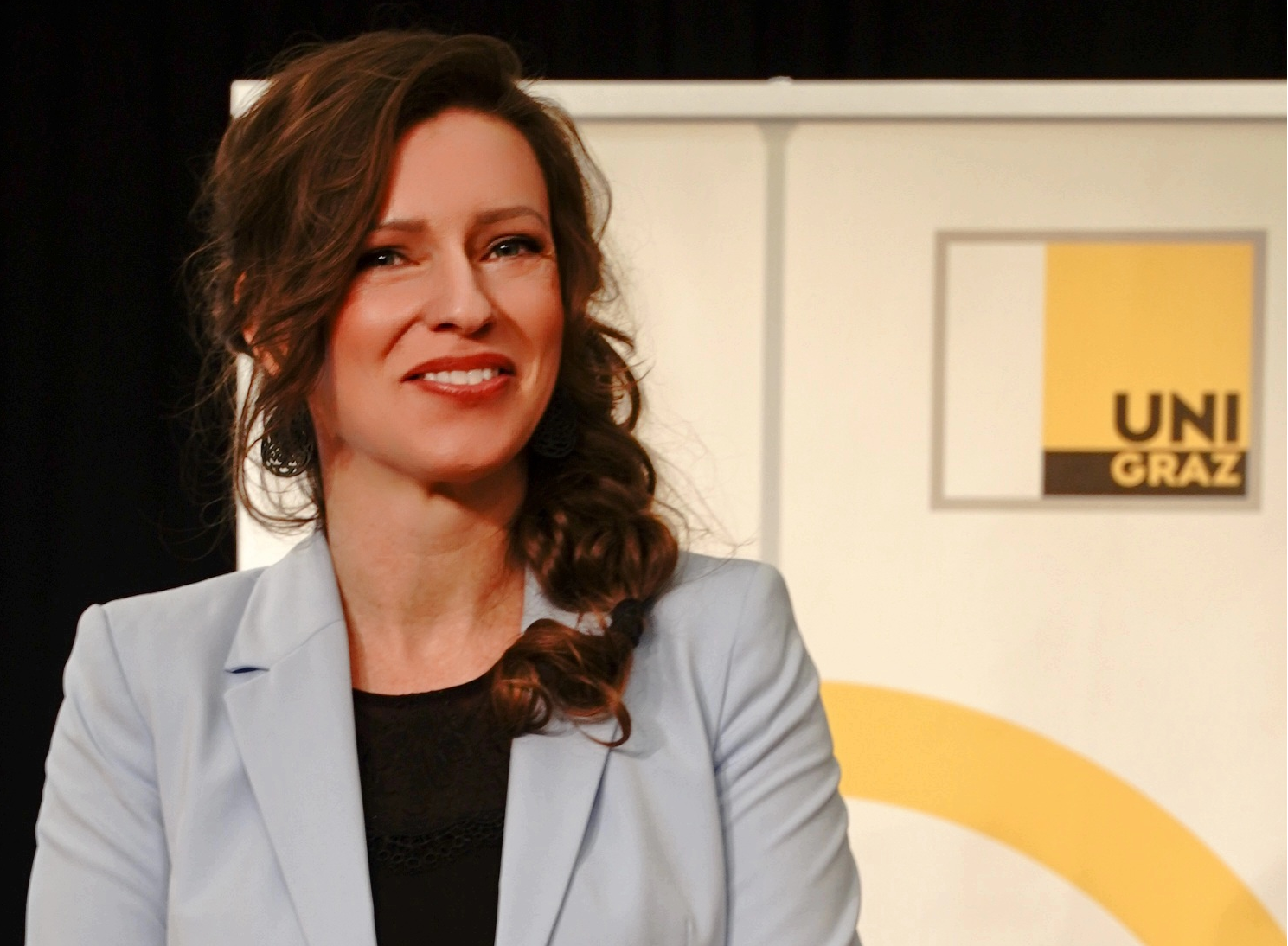The Tatiana Foundation is a Spanish institution based in Madrid, dedicated to promoting research at the intersection of the natural sciences, neuroscience, and the humanities. It enables outstanding researchers to pursue innovative and interdisciplinary projects that address fundamental questions of human knowledge, consciousness, and cognitive understanding.
The foundation’s founder, Tatiana Pérez de Guzmán el Bueno, was a Spanish aristocrat, philanthropist, and patron of the sciences. Throughout her life, she held the strong belief that scientific progress should always serve the greater good of society. Her foundation continues this legacy by supporting excellent research that transcends disciplinary boundaries.
Piantschitsch, who studied mathematics and philosophy alongside physics at the University of Graz, has led various research projects in recent years. In 2022, she was awarded a Schrödinger Fellowship by the Austrian Science Fund (FWF) for the project "Interaction of Coronal Waves with Coronal Holes" in the field of computer simulations of the solar atmosphere. In 2023, she received funding from the Styrian government in Austria for the project "DELPHI – Deep Learning & Philosophy," which explores the intersection of artificial intelligence and questions in the philosophy of science.
With the research fellowship from the Tatiana Foundation, Piantschitsch will now further deepen her work in analyzing the use of artificial neural networks in the natural sciences—particularly with regard to their epistemic opacity and the resulting implications for the epistemological and methodological foundations of scientific practice.

